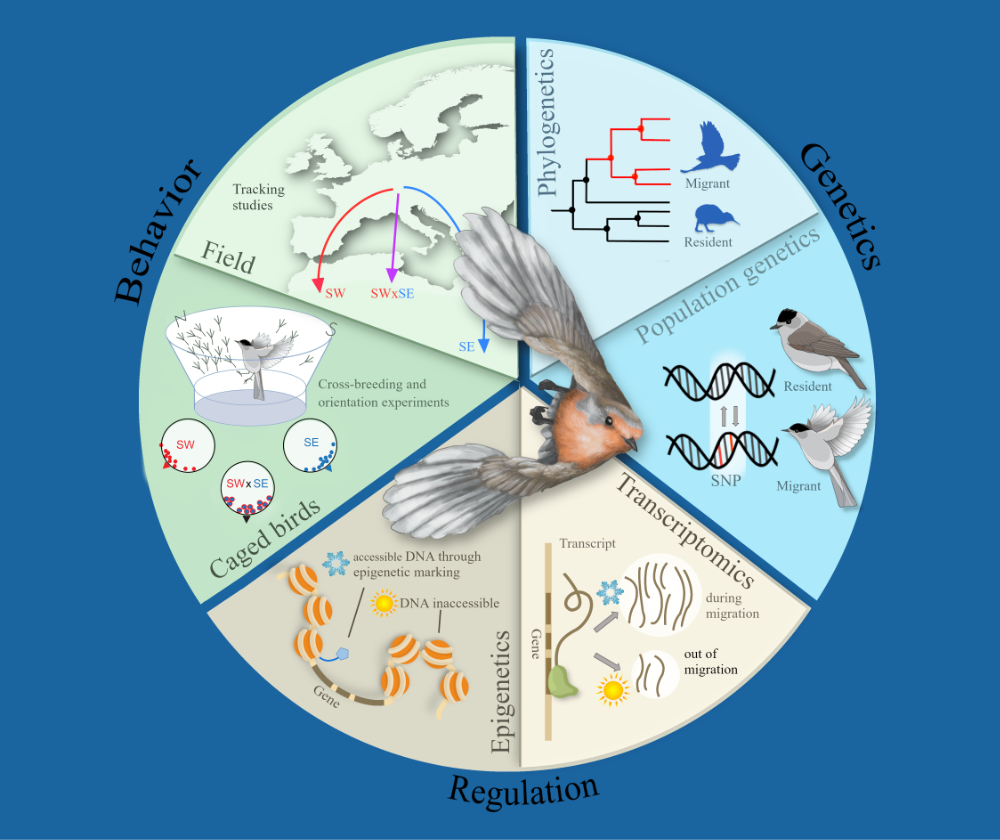Speaker
Description
Joe Wynn, Robert Rollins, Jochen Dierschke, Staffan Bensch, Darren Irwin and Miriam Liedvogel
Vagrancy - the tendency of (migratory) animals to leave their known range - is an essential yet poorly understood component of migratory route evolution. Vagrant birds are, by definition, extremely uncommon, and hence conventional tracking technologies are not practical since vagrant individuals can only be identified post hoc. Genomic comparison of already-established birds to the source population could, however, offer a surprisingly cheap alternative. Here, we used a ~1300bp mitochondrial DNA fragment to trace the origins of vagrant greenish warblers (Phylloscopus trochiloides) caught in Western Europe. These birds are typically found in Asia and Eastern Europe, but using a deep-learning algorithm we compared the genomes of vagrants to samples collected across the normal breeding range to infer the geographic and evolutionary origins of these pioneering individuals. More generally we discuss the generalisability of this method, and place our findings within a broader evolutionary context.

